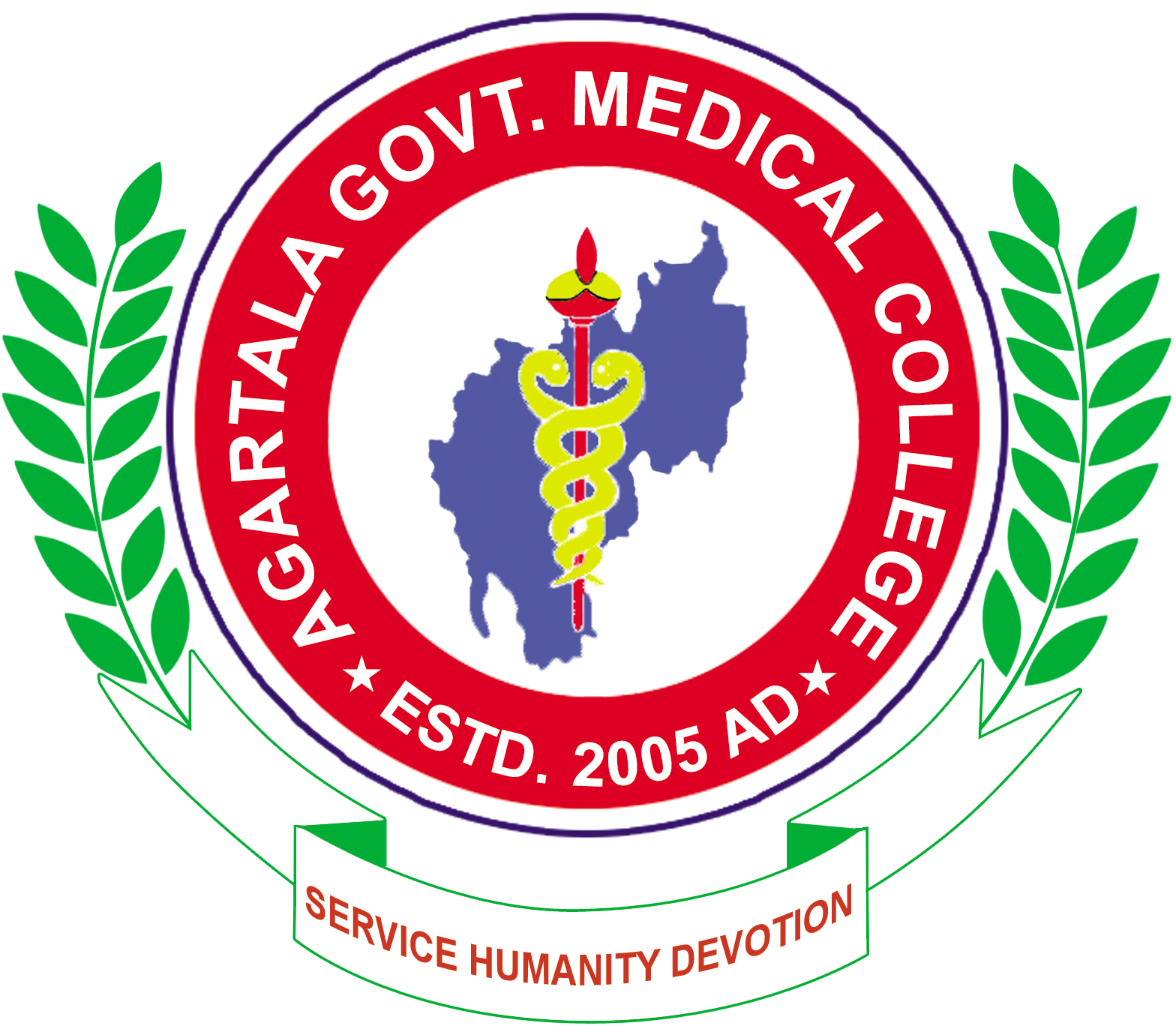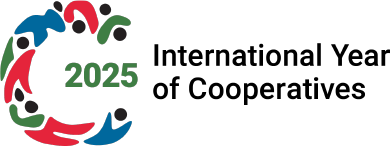DEPARTMENT OF PHYSICAL MEDICINE AND REHABILITATION (PHYSIATRY)
The Department of Physical Medicine and Rehabilitation at AGMC focuses on restoring the functional ability and quality of life for individuals with physical impairments or disabilities. The department provides comprehensive care through a multidisciplinary approach aimed at improving mobility, relieving pain, and enhancing the independence of patients.
1. Academic Curriculum
The department offers education in the field of Physical Medicine and Rehabilitation for undergraduate (MBBS) students, and provides specialized training for postgraduate (MD PM&R) students. Key areas include:
- Musculoskeletal Rehabilitation: Diagnosis and treatment of musculoskeletal disorders such as fractures, sprains, and joint injuries, aiming to restore movement and function.
- Neurological Rehabilitation: Management of patients with neurological conditions like stroke, spinal cord injury, cerebral palsy, and traumatic brain injuries.
- Cardiac and Pulmonary Rehabilitation: Programs to improve cardiovascular and respiratory function following heart attacks, surgeries, or chronic respiratory diseases.
- Pain Management: Non-invasive techniques and therapies to manage chronic pain conditions such as arthritis, back pain, and post-surgical pain.
- Prosthetics and Orthotics: Fitting and training patients in the use of artificial limbs (prosthetics) and supportive devices (orthotics) to aid mobility.
- Sports Medicine: Focused on the prevention, diagnosis, and treatment of injuries related to physical activity and sports.
- Pediatric Rehabilitation: Specialized care for children with congenital conditions, developmental delays, or injuries that affect mobility and function.
2. Clinical Services
The Department of PM&R provides a wide range of clinical services aimed at improving the functional abilities of patients:
- Outpatient Services: Assessment and treatment of musculoskeletal pain, neurological disorders, sports injuries, and rehabilitation following surgery.
- Inpatient Rehabilitation Services: Multidisciplinary care for patients with severe disabilities, offering therapies to regain functional independence.
- Physiotherapy and Occupational Therapy: Customized exercise programs, manual therapies, and training in activities of daily living to restore physical function and mobility.
- Pain Management Clinic: Offering various interventions like physical therapy, medication, and injection therapies to manage acute and chronic pain.
- Prosthetics and Orthotics Services: Fitting and training in the use of assistive devices for individuals with limb loss or deformities.
- Electrotherapy and Ultrasound Therapy: Use of electrical currents and ultrasound to reduce pain, improve circulation, and promote tissue healing.
- Sports Injury Clinic: Treatment of acute and chronic sports injuries with a focus on rapid recovery and prevention of future injuries.
- Spinal Rehabilitation: Specialized care for patients with spinal cord injuries, offering treatment plans to maximize recovery and independence.
3. Faculty
The department consists of highly skilled specialists in the field of physical medicine and rehabilitation. Faculty members are involved in clinical care, teaching, and research, and provide mentorship to students.
- Head of Department (HOD): Dr------------------------, MD (PM&R), specializing in musculoskeletal and neurological rehabilitation.
- Faculty Members: Experts in prosthetics, orthotics, pain management, sports medicine, and pediatric rehabilitation, contributing to both education and patient care.
4. Workshops, Seminars, and Conferences
The department conducts educational programs for medical students, healthcare professionals, and rehabilitation experts:
- Workshops on Physical Therapy Techniques: Hands-on training in various physiotherapy methods such as manual therapy, therapeutic exercises, and electrotherapy.
- Seminars on Rehabilitation Medicine: Addressing topics like stroke rehabilitation, spinal cord injury management, and innovations in prosthetic technology.
- Conferences on Pain Management: Covering the latest advancements in chronic pain management, interventional pain techniques, and non-pharmacological therapies.
5. Facilities and Resources
The Department of PM&R is equipped with state-of-the-art facilities to provide high-quality care and education:
- Rehabilitation Center: A fully equipped center for physiotherapy, occupational therapy, and rehabilitation exercises.
- Prosthetics and Orthotics Workshop: Facilities for the design, fabrication, and fitting of custom prosthetic and orthotic devices.
- Electrotherapy and Pain Management Unit: Advanced equipment for modalities such as TENS (Transcutaneous Electrical Nerve Stimulation), ultrasound therapy, and electrical stimulation.
- Hydrotherapy Unit: Water-based therapy for patients with joint or muscle problems, offering a low-impact rehabilitation option.
- Gait Lab: A specialized lab for the assessment of walking patterns and the design of custom rehabilitation programs to improve mobility.
- Lecture Halls: Multimedia-equipped halls for interactive teaching sessions and demonstrations.
- Library and Digital Resources: Access to medical textbooks, research journals, and online databases related to rehabilitation and physical medicine.
6. Research and Publications
The department is actively engaged in research focused on rehabilitation science and physical medicine:
- Musculoskeletal Research: Studies on the effectiveness of physical therapy and rehabilitation techniques for musculoskeletal injuries.
- Neurological Rehabilitation Research: Research on recovery strategies for patients with stroke, spinal cord injuries, and other neurological impairments.
- Prosthetics and Orthotics Innovation: Ongoing studies on the development and enhancement of assistive devices for individuals with physical disabilities.
- Pain Management Research: Investigating new methods for managing chronic pain and improving the quality of life for patients with long-term pain conditions.
- Publications: Faculty members regularly publish research findings in peer-reviewed medical journals, contributing to advancements in the field of physical medicine and rehabilitation.
7. Student Involvement
The department provides opportunities for students to actively engage in rehabilitation medicine through:
- Clinical Rotations: Exposure to various rehabilitation techniques and patient care in both inpatient and outpatient settings.
- Research Projects: Students are encouraged to participate in research focused on musculoskeletal rehabilitation, pain management, and prosthetic innovation.
- Community-Based Rehabilitation: Fieldwork and outreach programs that involve delivering rehabilitation services in rural and underserved areas.
8. Community Outreach Programs
The department is dedicated to extending rehabilitation services beyond the hospital setting:
- Rural Rehabilitation Camps: Regularly held camps offering physiotherapy, pain management, and mobility aid services to patients in rural and underserved areas.
- School-Based Rehabilitation: Collaborating with schools to provide rehabilitation services and assistive devices for children with disabilities.
- Awareness Programs: Public education campaigns on the importance of early intervention in physical disabilities, injury prevention, and healthy aging.
9. Future Directions
The Department of Physical Medicine and Rehabilitation at AGMC aims to:
- Expand Rehabilitation Services: Broaden the scope of inpatient and outpatient rehabilitation services to cater to a wider range of disabilities and conditions.
- Strengthen Research Efforts: Focus on innovations in rehabilitation technology, pain management strategies, and neurological recovery.
- Develop Subspecialties: Promote further specialization in areas like sports rehabilitation, pediatric rehabilitation, and geriatric rehabilitation.
- Enhance Community Outreach: Increase the number of rural and community-based rehabilitation programs to reach a larger population in need of services.


